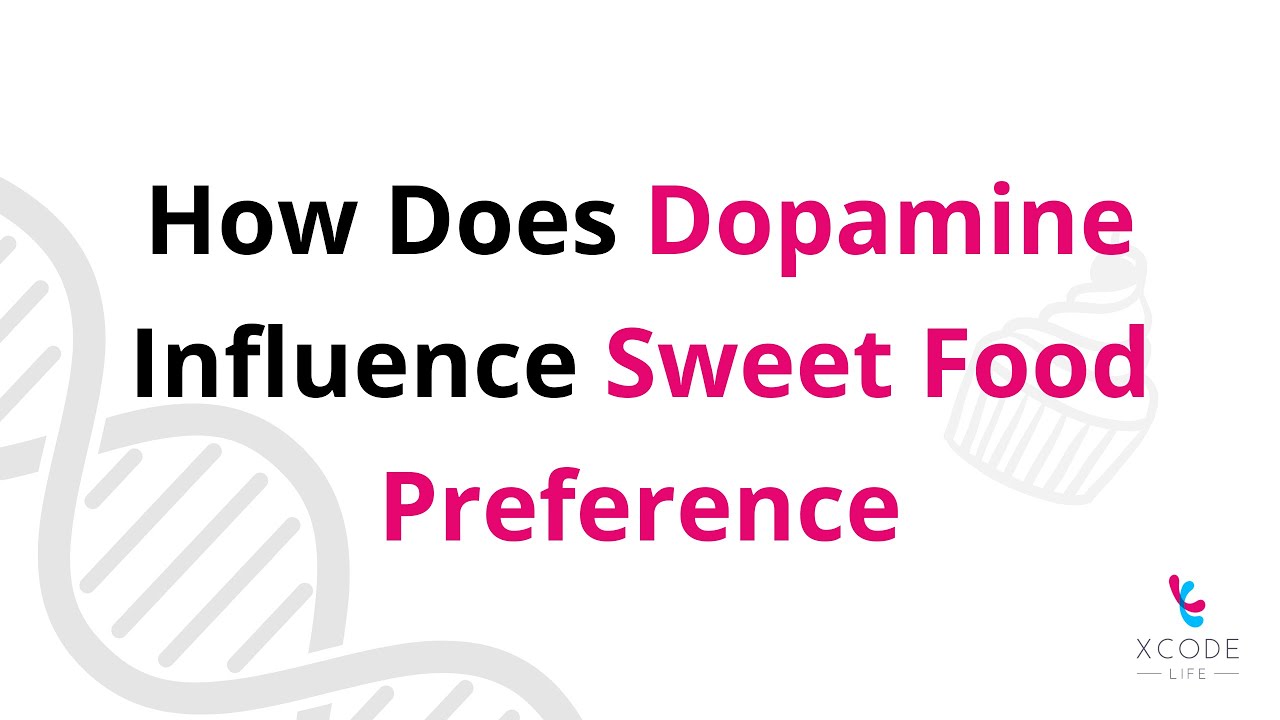Abstract
Diet is as important to mental health as it is to physical health. Previous studies have reported that the "traditional" dietary pattern, loaded with vegetable oil, meat, salt, and organ meat, is associated with increased odds of anxiety and depression in women. A recent study by researchers at the Ruhr-University Bochum and University of Duisburg, Germany, has reported higher depression scores among vegetarians than non-vegetarians.
What is Depression?
Depression is a common yet serious mental condition that negatively impacts how you feel, the way you think and act. Depression occurs as a result of a combination of social, psychological, and biological factors.
Some of the common symptoms of depression are :
- Feeling of hopelessness
- Increased fatigue and sleep troubles
- Irritability (more often noted in men)
- Unexplained weight gain/loss
- Appetite changes
The Link between Depression and Diet
Depression susceptibility is related to diet both directly and indirectly. Unhealthy eating patterns can cause mood swings. When you stick to a healthy diet, you are setting yourself up for fewer mood fluctuations.
In particular, sugar is considered a major culprit. When consumed in higher quantities, it causes a temporary spike in 'feel-good' hormones like dopamine, which is not good for your health. In addition, the fleeting sugar rush followed by a crash is terrible for your mood.
Video
Link between Vegetarianism And Depression
A German research team conducted a meta-analysis on depression and vegetarian diet.
Meta-analysis refers to a procedure where the information collected from different experiments (with the same objective) is put together and studied. This combines the results of multiple studies to form a conclusion.
The analysis included data from 49,889 participants, of which 8,057 were vegetarians, and 41,832 were non-vegetarians. The large sample size makes this a robust study.
The researchers observed a higher depression score among vegetarians when compared to the non-vegetarians. But there was no causal relationship observed between them. That is, there was no proof that a vegetarian diet directly causes depressive moods. Depression didn't seem to increase a person's chance of adopting a vegetarian diet either.
This study, however, showed that it might be more likely that people switch to a vegetarian diet after developing mental health issues. The researchers cite three possible reasons for this:
- People with mental health issues may try to adopt a vegetarian diet to positively influence their minds.
- People with depression may develop more empathy towards animals’ sufferings, and this may cause them to avoid meat.
- People with mental health issues may generally be anxious about their health and switch to a vegetarian diet since it is perceived as a “healthy diet.”
Dietary Recommendations To Improve Your Mental Health
- Steer clear of processed snacks such chips as potato chips that can impair your ability to concentrate.
- Focus on eating plenty of fruits and vegetables along with foods rich in omega-3 fatty acids such as salmon
- Maintain a healthy weight and make sure to exercise daily.
Summary
- There is a complex relationship between our mental health and our dietary patterns.
- A recent study has found that vegetarians are more likely to be depressed than non-vegetarians.
- According to the study, vegetarians showed higher depression scores than nonvegetarians.
- It is not clear whether depressive moods lead to a higher probability of becoming a vegetarian or a vegetarian diet increases the risk of depression.
- Limiting the intake of processed snacks, including more fruits and vegetables in your diet, and maintaining a healthy weight with regular exercises are some ways to improve your mental wellbeing.
- According to the study, there was no proof that depression leads to vegetarianism and a vegetarian diet directly causes depression moods.
- People switch to a vegetarian diet after undergoing mental health issues.






